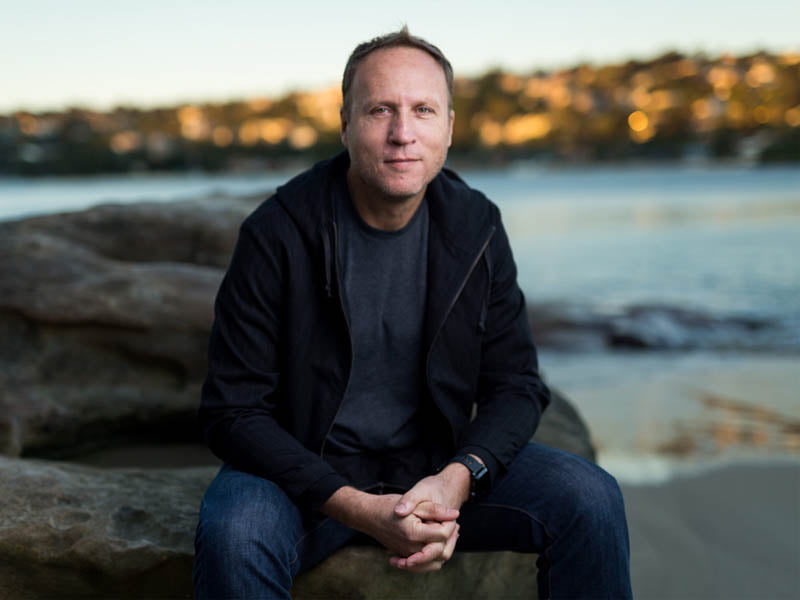An expansion to the regulatory sandbox scheme and tax incentives for big businesses to back startups should be on the cards to help build a bridge between corporates and small tech companies, according to KPMG entrepreneur-in-residence Alan Jones.
A prominent investor and advisor in the Australian startup scene who also works with tech accelerator BlueChilli, Mr Jones joined the global consulting giant last month in a part-time role, and said startups need to recognise the significant role that corporates play in the ecosystem.

“Corporates already play a massive role, a bigger role than tech startups are prepared to admit. Last year more capital was committed by corporate ventures than by venture capital,” Mr Jones told InnovationAus.com.
“Now it’s about how we make the best use of that and apply it to our industry and customers.”
“The challenge is to build a bridge between those two different cultures and two different approaches to risk and reward,” he said.
“We need to make sure that a large Australian enterprise can see that there are appropriate opportunities there for them so that they are really moving the needle on revenue, market cap or stakeholder engagement more from startups.”
In terms of ways to encourage this collaboration between corporates and startups, Mr Jones said an expansion to ASIC’s regulatory sandbox scheme and more tax incentives could help.
The regulatory sandbox was launched late last year as a way for fintech startups to test a new product or service with real customers without obtaining the necessary financial license.
After drawing little attention from startups this year, the government recently moved to expand the scope of fintechs allowed to make use of the exemptions, and the length of the exemptions.
Mr Jones said expanding this to other industries could be a way to show corporates what startups can offer.
“Things like that are a really good idea to apply to other industries as well. We’ve seen big progress being made in some industries in Australia – we have a relatively relaxed framework for the drones industry, and it’d be a shame to lose that advantage.
“It might be time to take a look at finding ways to make that sandbox even easier to play in, like a similar regulatory sandbox for the development of autonomous technologies for self-piloted vehicles,” he said.
“We might also be able to do the same sort of thing for marketing and advertising services, or for marketing automation,” Mr Jones said.
Regulatory sandboxes are a great idea to foster innovation. Once you’re inside it, that makes discovery much, much easier for people in corporate venture.”
The government should also look at introducing tax incentives for large corporates that use startups’ services or invest in them, similar to the range of tax breaks included in the National Innovation and Science Agenda for startup investors, he said.
“We do a lot in Australia to foster investment in tech startups through tax benefits for investors. It might be an interesting idea in the future to take a look at potentially offering tax incentives for Australian companies to get involved as a distribution partner, pilot customer or a sponsor of a startup,” Mr Jones said.
“Everybody agrees that corporate Australia doesn’t adopt enough tech startup solutions – they prefer to work with big incumbents they’ve worked with for decades. We need incentives for spending some percentage of money on software solutions from small Australian companies, and tax incentives could do that.”
At KPMG, Mr Jones is working with later stage startups looking to undertake a Series A funding round or later. Along with a team of about seven people, he will be looking to make the consultancy’s products and research more accessible and relevant for Australian startups.
He is also in the process of raising his own venture capital fund, M8 Ventures, which he hopes to have up and running by the middle of next year.
He has previously been a critic of big corporates getting involved in StartupLand, but now said that corporates have an important role to play in fostering the ecosystem.
“I would have definitely been surprised if you’d told me that I would be working for a big Australian bank or telco. The funny thing about being in startups is that you always do unexpected things.
“The future hits you in your face,” Mr Jones said.
Do you know more? Contact James Riley via Email.

